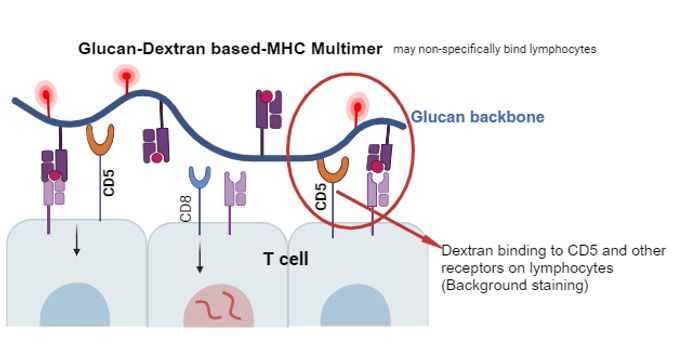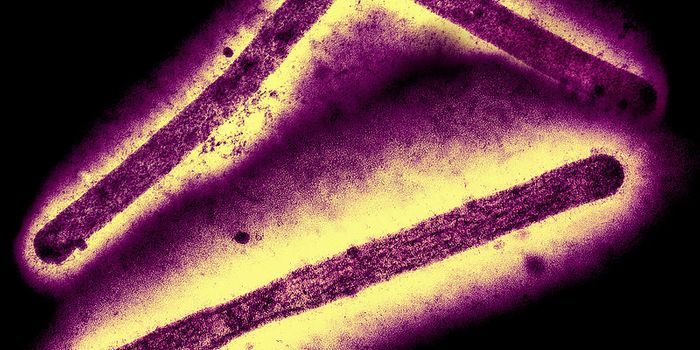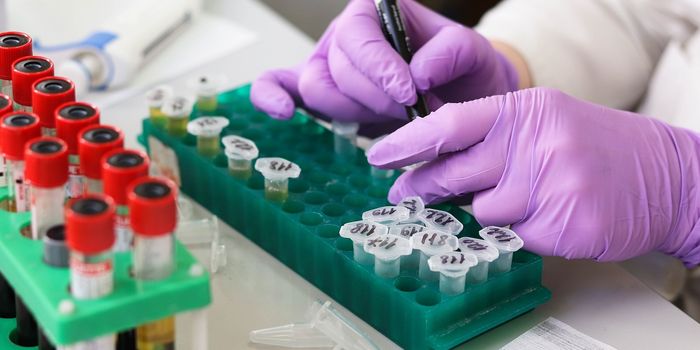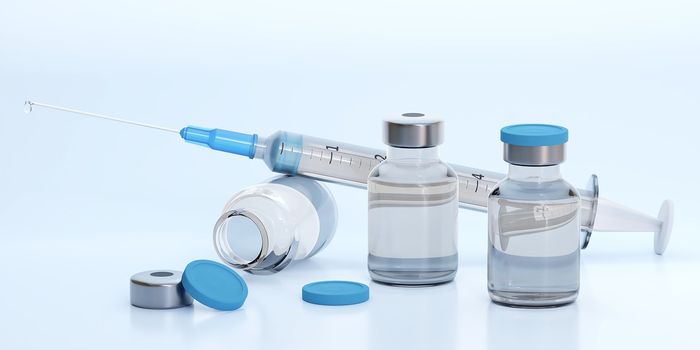A Network Linking Aging, Inflammation, and Diet
Our immune system is crucial to our health. It has to respond to pathogens and tissue damage quickly by initiating inflammatory responses. But those responses also have to be carefully regulated or they can lead to disease. Inflammation has been called the father of disease, and chronic inflammation is considered to be a hallmark of aging. Scientists have now learned more about a biochemical network driving a general inflammatory response in multiple organs. This work has also shown that dietary restriction, which has been shown to lengthen lifespan in some studies, can inhibit inflammation through this regulatory network.
While immune cells and molecules can repair tissue during a local, acute inflammatory response, chronic inflammation related to aging can affect multiple organ systems and lead to a low-grade, persistent inflammatory state. This condition is also known as inflammaging.
Constant activation in the immune system can wear it out, which can be problematic when there is an infection, and cells don't react as they should, noted corresponding study author Professor Francesco Neri, now of the University of Turin. “Inflammaging is also related to cancer development, because in inflamed tissue we see increased cell proliferation.”
In this study, published in Cell Reports, researchers compared two groups of mice, one of which was four months old while the other was 22 months old. The activity of genes in many specific types of tissue was measured throughout the bodies of these animals, including the brain, kidney, lungs, and skin.
The researchers were aiming to find out how biochemical pathways in those tissues were functioning, to gain insight into how systemic inflammaging is occurring, explained Neri.
They found that certain genes were more active in older, aging mice; these genes encode for receptors that are crucial to the innate immune system. As the activity of those genes increased, it triggered the production of inflammatory molecules called cytokines. In addition, a master transcription factor called Stat1 was activated in the process. Taken together, this creates a kind of positive feedback loop, said Neri, which “keeps the inflammatory state going.”
The investigators also wanted to know how diet impacted this process. They studied two other groups of mice; one group was given 30 percent less food from 4 to 22 months of age, while another group of mice was only given that restricted diet for the final two months of their lives. This showed that in this model, a calorie-restricted diet was beneficial to the health of every organ except for the heart.
The network outlined in this study also involves a well-known molecule called TLR4, part of the innate immune system. This receptor can be problematic, because it may act "... like an SOS signal that we don’t need when there are no pathogens to fight," said first study author Dr. Mahdi Rasa of FLI. "If we could downregulate TLR4, we would be able to reduce the chronic inflammatory response in aging.”
Scientists still have more to learn about how dietary changes, and potentially, alterations to the gut microbiome, relate to inflammaging. These findings also have to be confirmed in humans with additional research.
Sources: Leibniz Institute on Aging – Fritz Lipmann Institute (FLI), Cell Reports









